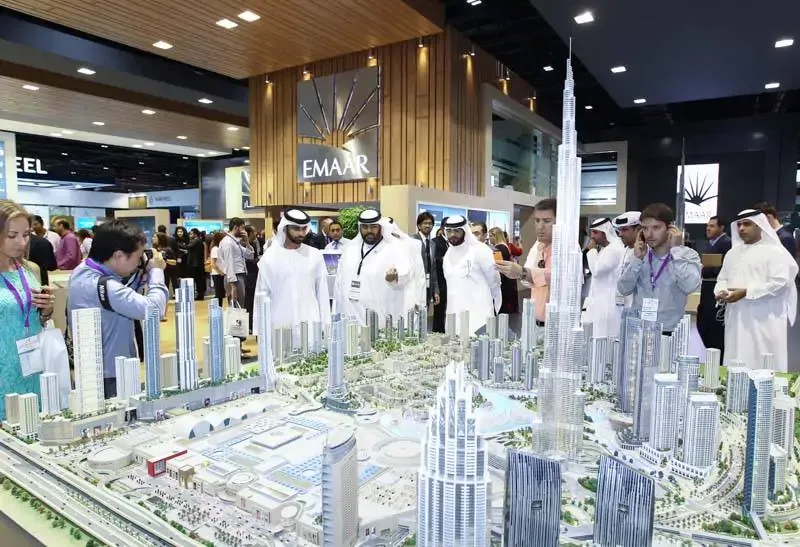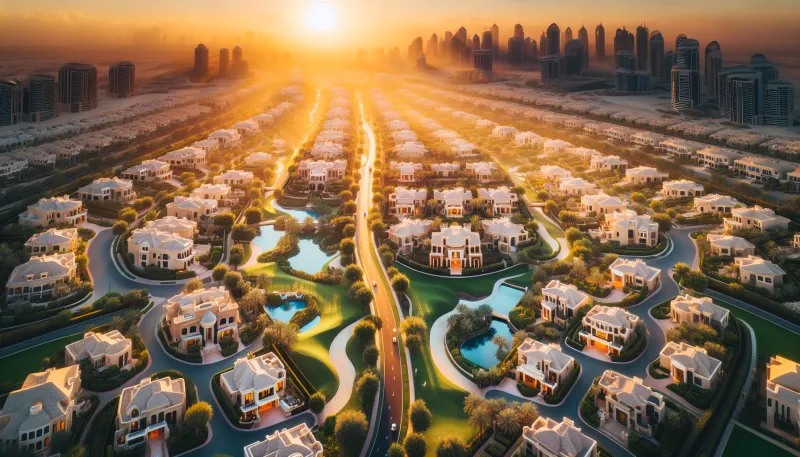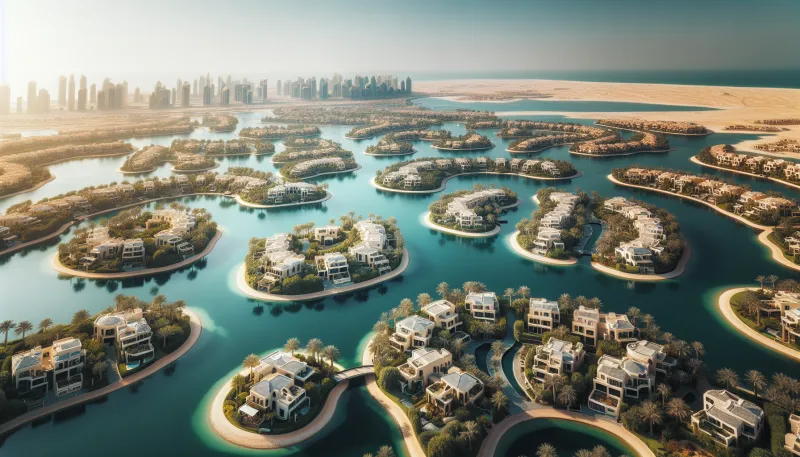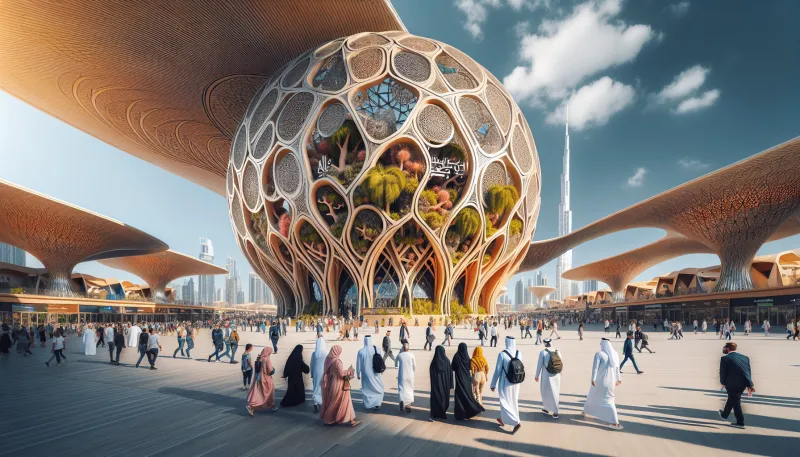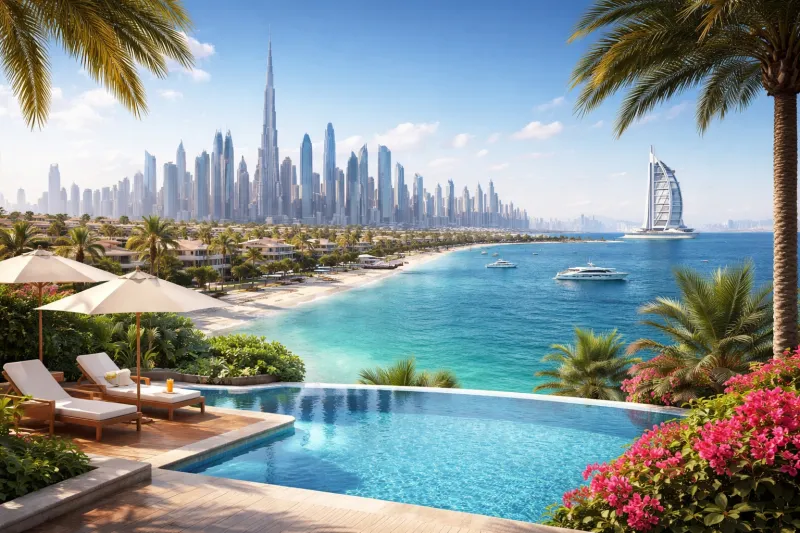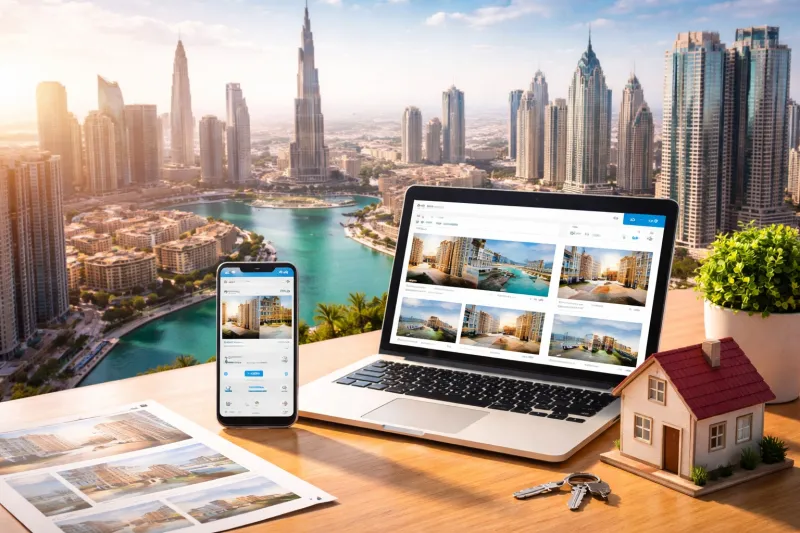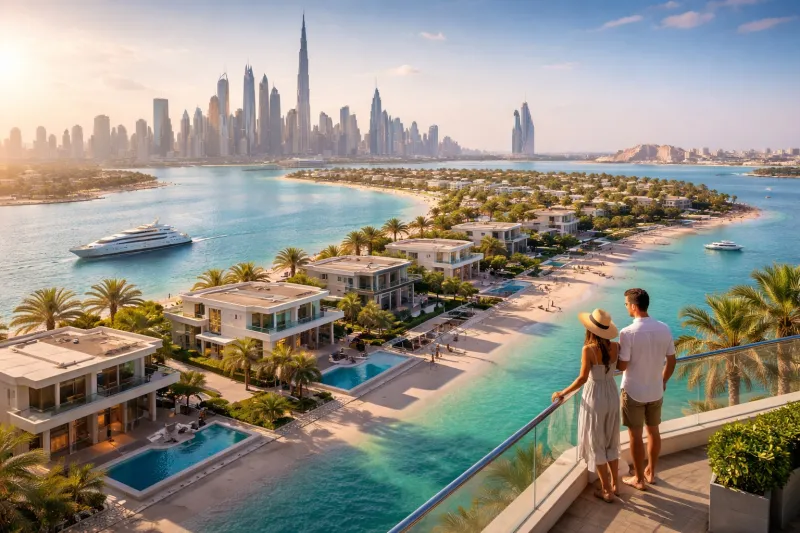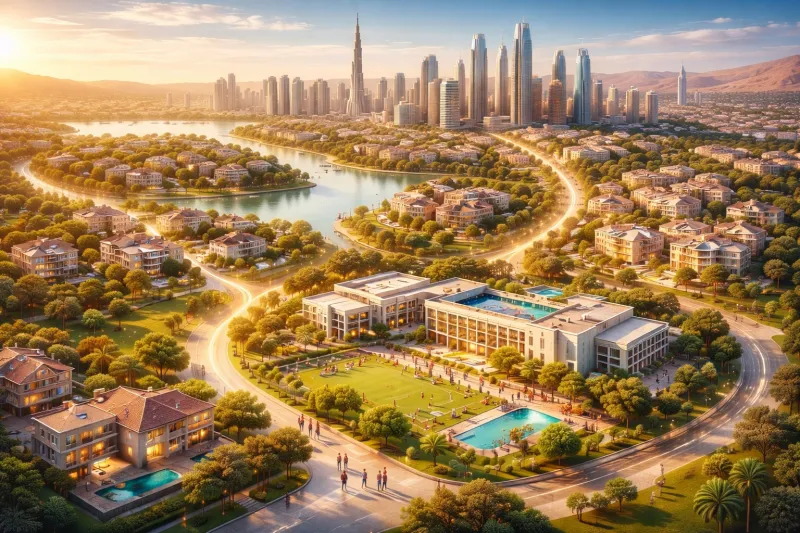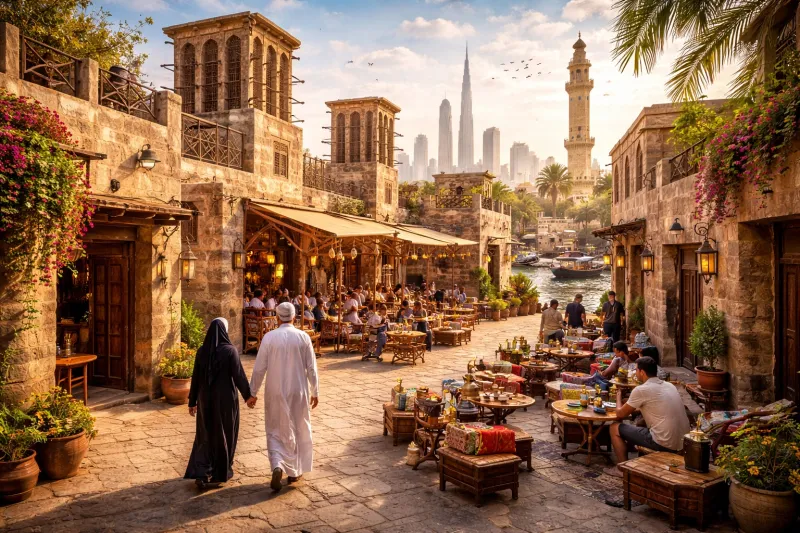
What mortgage options are available in the UAE?
Purchasing property in the UAE is a significant investment, and understanding the various mortgage options can help buyers make informed decisions. The UAE offers a range of financing solutions tailored to different needs, whether for expatriates or locals, first-time buyers or seasoned investors. This article explores the main mortgage options available in the UAE market.
Conventional mortgages
Conventional mortgages are the most common type of home loans in the UAE. They typically involve interest payments over an agreed term, and require borrowers to provide a down payment, usually around 20-25% of the property value. These loans are offered by various local and international banks, with competitive interest rates and flexible repayment plans.
Islamic home finance options
Islamic home financing, compliant with Shariah law, avoids interest-based lending. Instead, it uses concepts like Murabaha (cost-plus financing), Ijarah (lease-to-own), and Musharaka (partnership) to structure mortgage agreements. This option is particularly popular among Muslim buyers seeking ethical lending alternatives that comply with their beliefs.
Fixed-rate mortgages
A fixed-rate mortgage ensures that the interest rate remains constant throughout the loan tenure, providing borrowers with stable monthly payments. This option is suitable for those who prefer predictability and want to avoid fluctuations in the market that could increase their loan repayments over time.
Variable-rate mortgages
Variable or floating rate mortgages feature interest rates that change in line with market benchmarks, such as the Emirates Interbank Offered Rate (EIBOR). While they often start with lower interest rates compared to fixed options, they carry the risk of rising payments if rates increase. They are ideal for those comfortable with market volatility.
Mortgage refinancing
Homeowners in the UAE can take advantage of mortgage refinancing to replace their existing loans with better terms or lower interest rates. Refinancing can reduce monthly payments or shorten loan tenure, freeing up cash flow or saving on interest costs over time.
Off-plan property financing
Buying off-plan properties is common in the UAE, and some banks and developers offer specialized financing packages for such purchases. These mortgages often allow buyers to pay in installments aligned with the construction progress, offering flexibility before the property is fully completed.
Loans for non-residents and expatriates
Many banks in the UAE provide mortgage products specifically designed for expatriates and non-residents. While eligibility criteria can be stricter, and down payment requirements higher (often around 25-30%), these loans facilitate foreign nationals in buying property in designated freehold areas.
Government-backed mortgage schemes
The UAE government has launched mortgage assistance programs to encourage home ownership among Emirati citizens and residents. These schemes provide subsidized interest rates, extended repayment terms, or reduced down payments, helping make property buying more accessible to a wider population.
Mortgage eligibility and documentation requirements
To apply for a mortgage in the UAE, borrowers typically need to meet income thresholds, provide proof of employment or business ownership, and submit detailed documentation such as passport copies, residency visas, salary certificates, bank statements, and property-related papers. Understanding these requirements beforehand can streamline the application process.
Real Estate Market Researcher in the UAE and Middle East








